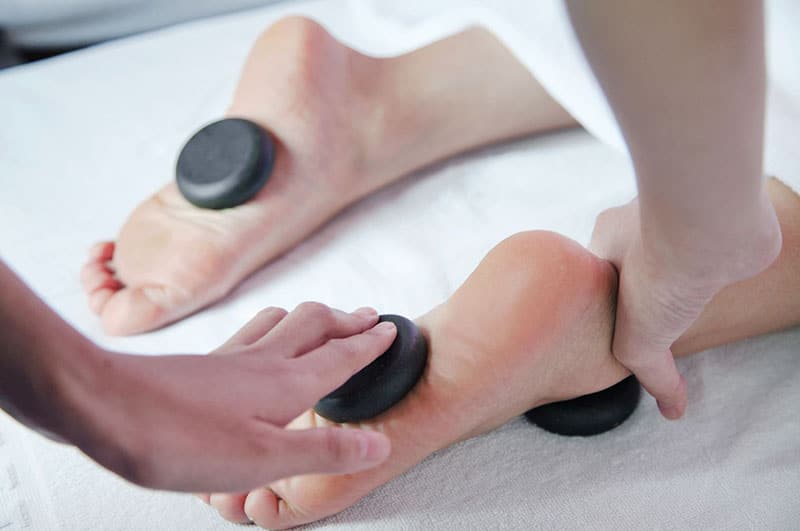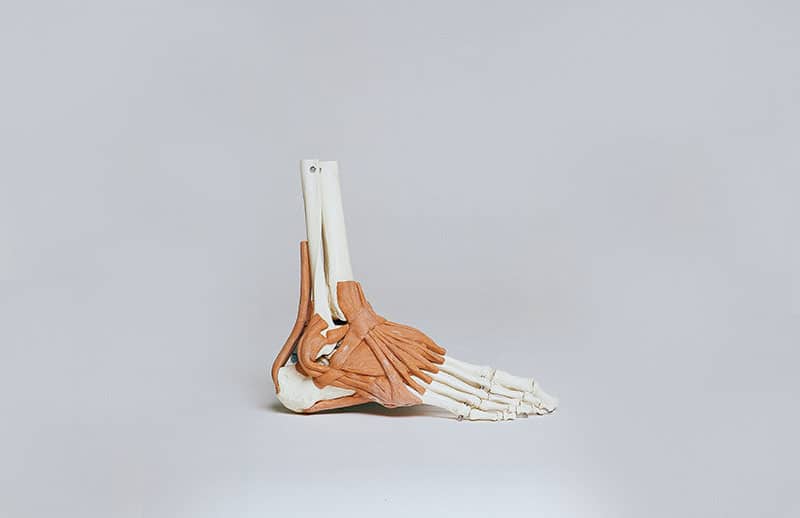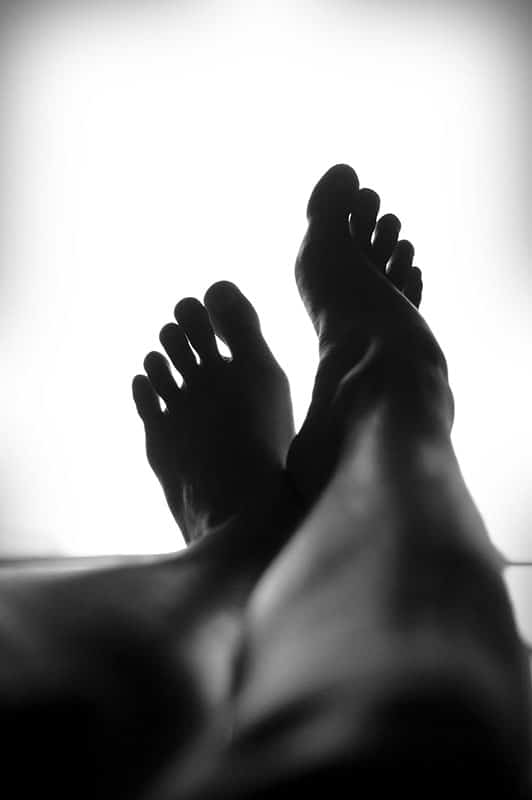Hand Hygiene: Shocking Statistics & How To Take Care of Your Hands
We’ve done the math on how many times nurses perform hand hygiene, plus some shocking facts and a few tips on how to take care of your hands as a nurse.
Our relentless research goes beyond shoes. Capsol allows us to talk all things nursing, from career advice and current news to self-care and mental health. These conversations with you, the community, and the world at large help us put our best foot forward when creating the best nursing shoes on the planet.
You probably know all too well that standing for extended hours and enduring multiple shifts in a row is a recipe for feet problems; you may have even experienced this firsthand. Heel pain is one of the most frequent complaints related to feet issues in nurses and needs to be identified and treated promptly.

But what conditions are causing your heel pain specifically? As nurses, we know how essential it is to know the root cause of pain so it can be treated. Let’s take a look below at some common heel pain causes.
This is perhaps the most widespread cause of heel pain affecting nurses. Plantar fasciitis is characterized by damage to the thick band of tissue on the bottom of the foot that connects the heel to the toes. Factors such as improper footwear, repeated exposure to hard surfaces, overuse, acute overstretching, and a tight Achilles tendon can all lead to plantar fasciitis.

When the tibial nerve is compressed within the ankle, tarsal tunnel syndrome can result. Symptoms of this condition typically involve pain/tingling on the medial side of the foot and where the arch meets the heel bone. Numbness of the underside of the foot is also common.
The Achilles tendon connects your calf muscle to your heel bone. Tendonitis occurs when the Achilles tendon is put under sudden intense stress or repetitive overuse, resulting in chronic inflammation or even rupture. Weak or tight calf muscles are a contributing factor to developing Achilles tendonitis.

Additional causes of heel pain in nurses (though less common) include fractures, heel spurs, bone disease, or biomechanical abnormalities. Diagnosis of any heel issues should be referred to a podiatrist or other trained medical specialist using thorough examination and imaging techniques.

Treatment for heel pain will vary based on your diagnosis from a physician. Possible interventions include:
1. Anti-inflammatory drugs to reduce swelling
2. Corticosteroid injections to reduce pain and inflammation
3. Orthotic devices to correct biomechanical irregularities
4. Brace or splint to support proper positioning and healing
5. Exercises/Physical therapy to correct tightness or muscle issues
6. Shoes designed specifically for your condition
7. Ice/Heat for inflammation and mobility
8. Rest/Absence from nursing responsibilities until the condition resolves
9. Surgery for cases that can’t be resolved through conservative treatments
If heel pain is interfering with your nursing career and regular daily activities, see a doctor immediately. The longer a condition goes untreated, the worse it can get. As a nurse, you especially need to be attentive to pain as it arises, as the strain of normal work can put you at greater risk for injury. Above all else, listen to your body!
Have you ever experienced one of these heel ailments as a nurse? What treatments have worked for you? Comment below!
Author
most recent
We’ve done the math on how many times nurses perform hand hygiene, plus some shocking facts and a few tips on how to take care of your hands as a nurse.
Celebrate Pediatric Nurses Week as we talk about what pediatric nurses do, ideas for showing appreciation, and a breakdown of how to become one. Don’t miss this!
Ever wonder, what is with nurses and coffee? I mean, why do nurses love coffee? So many of us depend on that rich, hot java to jumpstart a shift.
Great tips!